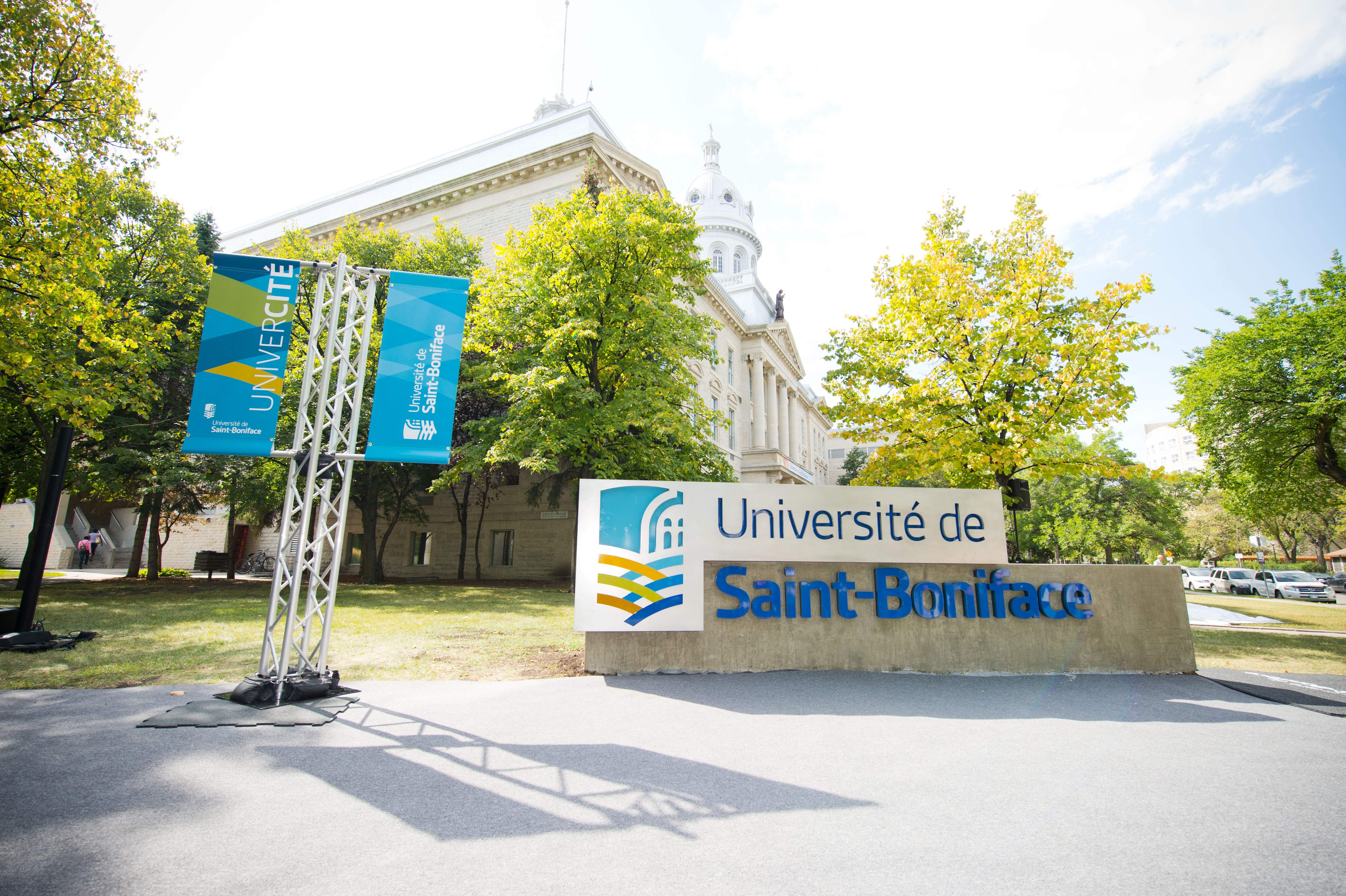30 credits of the courses below must be taken to meet the program requirements (with no grade lower than C). Classes are offered at the rate of one class per semester during the fall winter and spring semesters. It should be noted that each year the Faculty of Education offers face-to-face and distance learning an intensive one-week course during the month of July. This course is sometimes eligible for the post-baccalaureate degree with specialization in inclusive education.
Obtaining the post-baccalaureate diploma in education could allow you to climb the salary scale of your employer or obtain a certificate in inclusive education. Please inquire about this with the relevant provincial authorities.
EDUA 5601
Introduction to Inclusive Education (6)
Overview of concerns in the field of inclusive education. Study of the barriers to inclusion with regard to laws pedagogy attitudes and organizations as well as exemplary methods of inclusion.
EDUA 5631
Evaluation and programming in inclusive education (6)
Study of assessment methods based on the curriculum and on the functioning of the class in order to guide the instruction of students experiencing learning and behavioral difficulties in the context of inclusion.
EDUA 5671
Strategies for organizing inclusive classrooms and schools (3)
Study of the organization and implementation of school-wide support mechanisms aimed at promoting access to these schools learning socialization behavior family relationships involvement of health professionals and community services. Analysis of organizational strategies to improve consultation cooperation collaboration and professional development.
EDUA 5681
Promoting responsible behavior in schools (3)
Study of the needs of children with behavioral problems in the school environment. Analysis of the conceptualization of behavioral disorders procedures for identifying and evaluating these disorders as well as intervention strategies. Design of appropriate intervention strategies in the school environment.
EDUB 5773
Identification of needs and inclusive pedagogical intervention in numeracy (3)
Methods for assessing special needs of students in the area of numeracy; strategies and resources to differentiate adapt modify or individualize the teaching and learning of mathematics.
EDUA 5621
Teaching children the means of alternative and augmented communication (3)
Examination of issues relating to alternative and augmented communication services resources inclusive teaching and learning strategies.
EDUA 5931
Observation of the child's behavior (3)
Study of qualitative observation techniques that can be used in the school environment to better understand the behavior of the child his ways of thinking and his motivations.
EDUA 5953
Inclusion and ecological approach (3)
Study and analysis of inclusive education in connection with the paradigm of denormalization as well as the Disability Production Process (PPH) strategies aimed at eliminating barriers to inclusion and a renegotiation of the role of stakeholders including that of the remedial teacher.
EDUA 5951
Inclusion and diversity (3)
Study of the challenges of diversity for the practice of remedial education in a school context. Analysis of the ethical theoretical and practical considerations of diversity that influence the nature and effectiveness of remedial education with members of the school community.
Show less 



